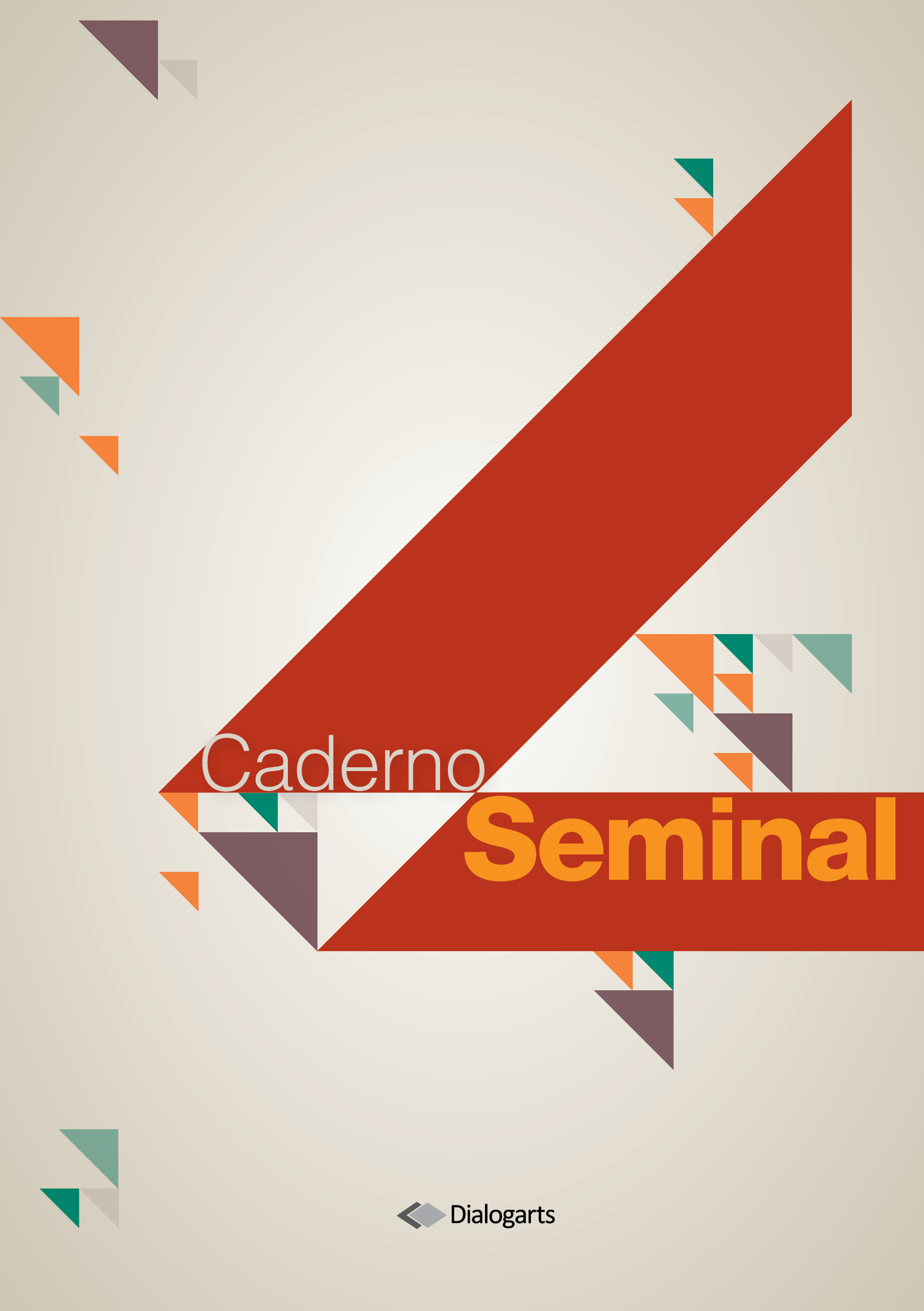UTILIZAÇÃO DE TECNOLOGIAS DIGITAIS NA SALA DE AULA NO 1.º CICLO DO ENSINO BÁSICO E A TRANSFORMAÇÃO DIGITAL DOS PROFESSORES
Conteúdo do artigo principal
Resumo
São imensos os desafios que, na contemporaneidade, se colocam à educação escolar, designadamente os decorrentes das constantes transformações inerentes à contínua e inevitável evolução tecnológica. Foi no quadro destes desafios, e do pressuposto de que a integração das Tecnologias Digitais (TD) na educação escolar potencia uma reconfiguração na forma de pensar e de agir dos alunos e dos professores, que se desenvolveu o presente estudo. Este teve como objetivos: compreender como estão a ser utilizadas as TD na sala de aula do 1º CEB; identificar efeitos da integração das TD nos processos de ensino-aprendizagem e identificar a importância que os professores atribuem à formação em TD.
Os dados foram recolhidos: através do acompanhamento/observação participante das práticas curriculares de três professores do 1.º CEB, de uma escola do 1º Ciclo do Ensino Básico, de um Agrupamento de Escolas da região do Grande Porto, Portugal; de entrevistas semiestruturadas e de focus group com a totalidade dos professores do 1.º CEB da escola onde se realizou o estudo.
Globalmente, os resultados sugerem que os professores reconhecem a utilização das TD como uma mais-valia na sua ação educativa sobretudo pela possibilidade de criação de ambientes de aprendizagem mais envolventes, pelo enriquecimento das experiências dos alunos, assim como pela expansão das colaborações e conexões entre professores e alunos. Em termos concretos, os dados não evidenciam uma clara relação entre essa utilização das TD e os processos de ensino-aprendizagem. Isto é, constatou-se que a utilização das TD em sala de aula se faz mais frequentemente como meio de apoio ao trabalho dos professores, do que como recurso ao serviço da melhoria das aprendizagens dos alunos. Os professores argumentam a falta de tempo e sentimentos de insegurança na utilização dessas ferramenta como os maiores constrangimentos e reconhecem ser relevante terem formação contínua no domínio das TD.
Downloads
Detalhes do artigo
Ao submeter seus manuscritos para publicação em nossos periódicos, os autores concordam com os seguintes termos:
a. Autores mantêm os direitos autorais e concedem à revista o direito de primeira publicação, com o trabalho simultaneamente licenciado sob a Creative Commons Attribution License, que permite o compartilhamento do trabalho com reconhecimento de sua autoria e da publicação inicial neste periódico.
b. Autores têm autorização para assumir contratos adicionais separadamente, para distribuição não exclusiva da versão do trabalho publicada neste periódico (ex.: publicar em repositório institucional ou como capítulo de livro), com reconhecimento de sua autoria e da publicação inicial neste periódico.
c. Autores têm permissão e são estimulados a publicar e distribuir seu trabalho online (ex.: em repositórios institucionais ou na sua página pessoal) antes ou durante o processo editorial, já que isso pode gerar alterações produtivas, bem como aumentar o impacto e a citação do trabalho publicado.

